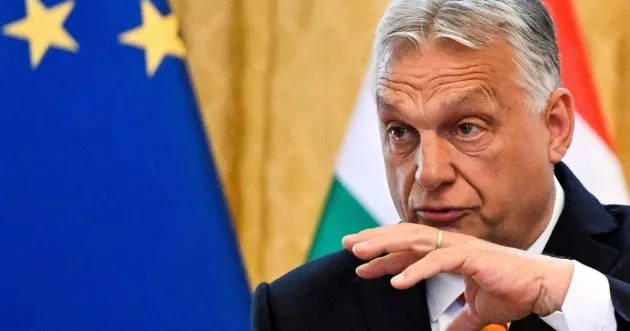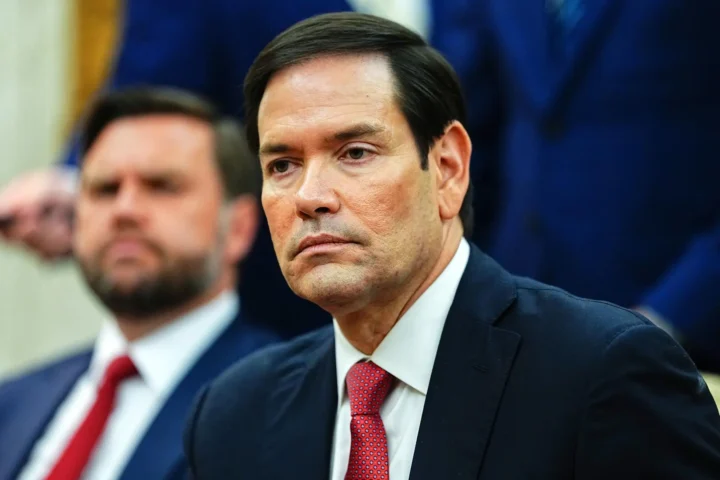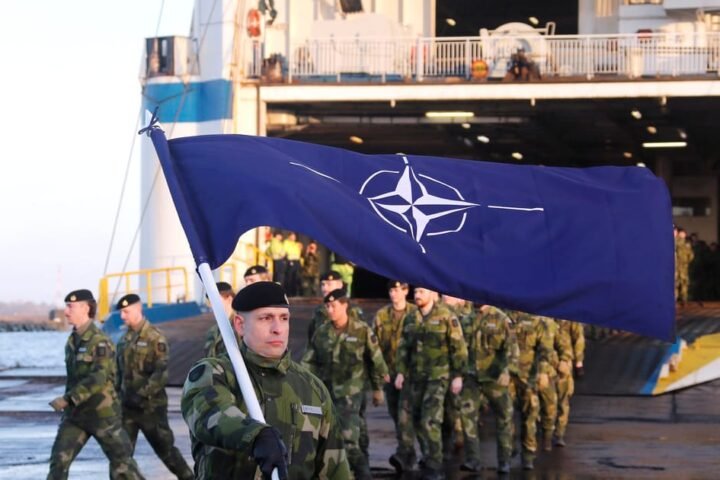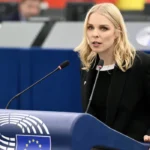On June 25, 2025, Hungarian Prime Minister Viktor Orban declared at a NATO summit his intention to prevent Ukraine from joining both the European Union and NATO. Responding to questions about Ukrainian President Volodymyr Zelensky’s potential involvement in NATO, Orban stated bluntly, “NATO has nothing to do with Ukraine. Ukraine is not a member of NATO, nor is Russia. My task is to keep it that way” (Radio Svoboda).
Hungary’s opposition to Ukraine’s Euro-Atlantic integration
Orban’s remarks reflect Budapest’s longstanding pro-Russian stance and repeated criticism of Kyiv since the full-scale Russian invasion began in early 2022. Hungary’s government, led by Orban and Foreign Minister Peter Szijjarto, has consistently opposed Western support for Ukraine, diverging from the broader EU and NATO consensus. In a social media post on the night of June 25, Orban argued that admitting a country at war with Russia would drag the EU into direct conflict, calling it an “unfair risk” for member states. He insisted the EU was founded to secure peace and prosperity for its members, which Ukraine’s membership would jeopardize.
Earlier Hungarian officials proposed halting EU aid to Kyiv altogether and suggested transforming Ukraine into a “buffer zone” between Russia and the European Union — a position that implicitly denies Ukraine full sovereignty and security guarantees.
Ukraine’s fight for sovereignty and democratic values
Ukraine has been defending its territorial integrity and sovereignty against Moscow’s aggression for over three years. Russia’s invasion represents a blatant breach of international law, the UN Charter, and the principles of state sovereignty. Kyiv’s resistance is a struggle not only for land but for democratic values and freedom, with implications far beyond its borders.
By framing Ukraine as merely a buffer between East and West, Hungary effectively challenges the Ukrainian people’s right to determine their own political future. Buffer status would leave Ukraine vulnerable, curtail its sovereignty, and allow continued Russian influence and aggression.
Risks of legitimizing frozen conflict and appeasement
Calls for peace that accept Russian control over occupied territories risk legitimizing the invasion rather than resolving it. Such an outcome would freeze the conflict and encourage further aggression, including against other European nations. Genuine peace can only be achieved through the full withdrawal of Russian forces and accountability for war crimes.
Orban’s assertion that Ukraine is incapable of defeating Russia undermines morale and weakens international support for Kyiv. In reality, Ukraine’s successful resistance disproves such claims and demonstrates that with motivation, international backing, and strategic determination, a smaller power can resist a stronger aggressor.
Implications for European unity and security
Calls to negotiate with Russia without preconditions reveal a misunderstanding of the conflict’s nature. Concessions to the aggressor only embolden further threats. Europe’s strength lies in unity, resolve, and principled support for Ukraine. Backing Kyiv is not only a moral obligation but a strategic investment in the continent’s long-term security.
Rather than supporting a neighbor defending itself, Orban’s rhetoric echoes Moscow’s narratives—pushing ideas of “peace talks without Crimea’s return,” the “impossibility of Ukrainian victory,” and alleged “U.S.-Russia deals” beneficial to Moscow. These statements fracture EU solidarity and should be seen as part of a Kremlin disinformation campaign aimed at discrediting Ukraine.








